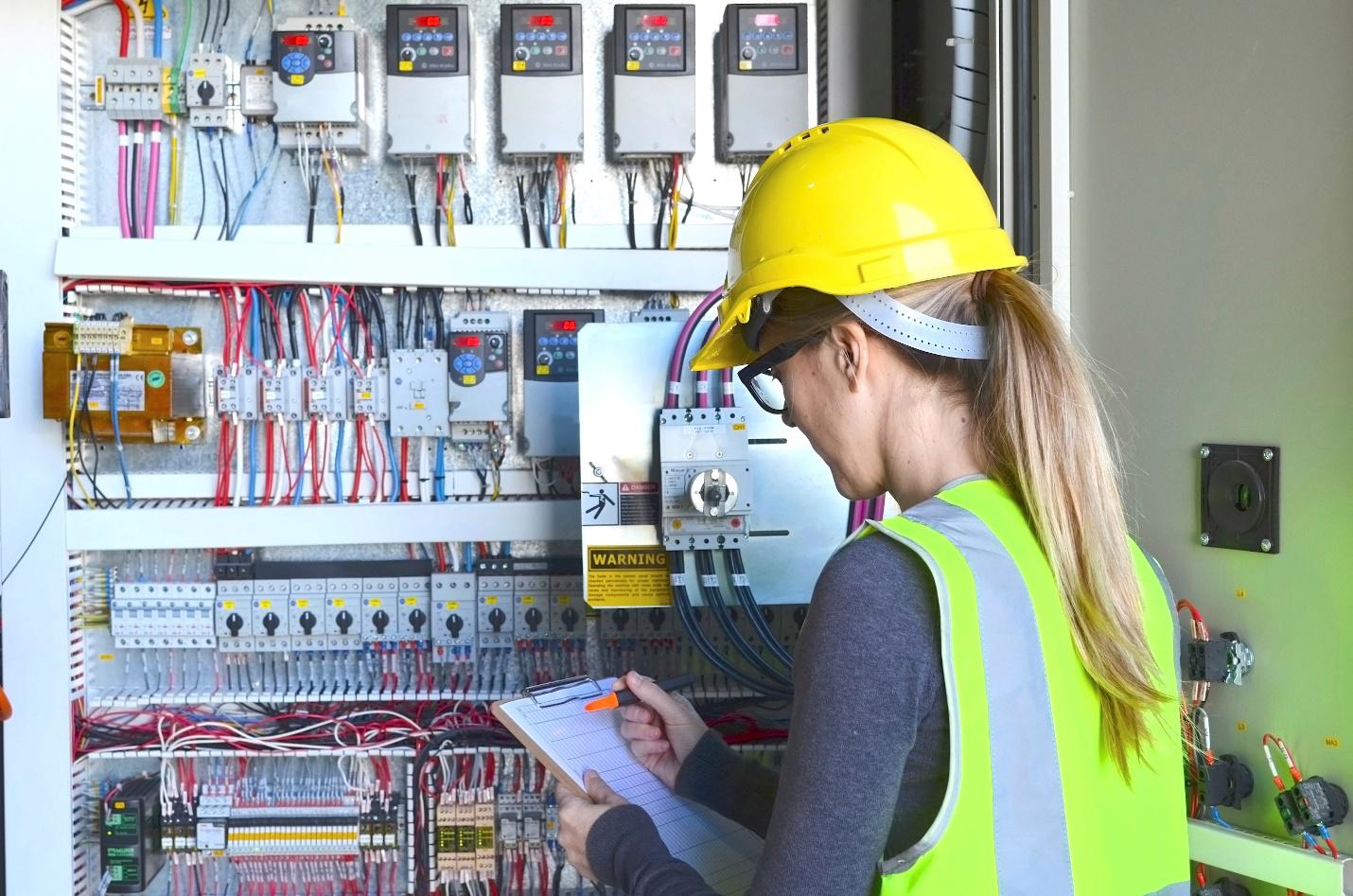Your home is probably your most valuable physical asset. This means you need to do everything in your power to protect it. Part of keeping a home in good condition is knowing about various kinds of necessary inspections. Here’s when and how to conduct a home electrical inspection on your home.
When to Conduct a Home Electrical Inspection
Before you go through all the effort of doing an electrical inspection, it’s good to know if this is actually necessary for your situation. There are a few times when it pretty much always makes sense to get an electrical inspection:
- You’re Buying a House: This is the time when you absolutely need to have someone take a look at a home’s electrical system. When purchasing a home, you really have no way of knowing its true history. The previous owners could have had their cousin do some free electrical work. While this could be totally up to code, it could also be dangerous for you and your family. Always make sure to have the electrical system checked before purchasing a house—either during the standard home inspection or later with an electrician.
- Your Home Is Really Old: Even if you’ve been in the same home for 30 years, it might be a good idea to have someone look at the electrical system. After all, it’s been at least 30 years since the last time someone inspected it. A lot can happen to electrical works over the years. Rodents can be a huge issue for electrical systems in the long term, as they are known to chew on wires.
- You’re Adding to Your Home: Additions are great for homeowners. However, they can complicate the inner workings of a house. If you’re adding on to your home, make sure that you have an expert double check that the new electrical work matches up with the existing system.
- Your Power Has Been Acting Up: If you’ve noticed your lights flickering, or any other kind of inconsistencies in your electricity, it’s time to have an electrical inspection. There could very well be a serious issue with your system. Ignoring this is only setting you up for a serious issue down the line.
Obviously, it’s important to make sure that your electrical panel and system are in working order. Often times, your homeowners insurance will cover this. Get homeowners insurance quotes online to find a provider that will cover replacement costs for electrical systems, or damage caused by electrical system failure.
How to Conduct a Home Electrical Inspection
For most people, doing a DIY electrical inspection is out of the question. If you’re someone who isn’t confident in their ability to diagnose home issues, don’t start out by trying to figure out the electrical system. Errors here can be much direr than in other areas. However, if you’re pretty handy around the house, there are a few things you can look for while doing your own electrical inspection:
- Check the Service Panel: Your electrical service panel is probably on your home’s exterior, or in the garage or basement. There are a couple things to note here. It’s not a good sign if there is any damage to the service panel, or if there appears to be markings from smoke. Also check if the panel has the older, round fuses, which should be replaced. These are all reasons to call an electrician. Don’t try to fix the panel on your own, as this can be dangerous if done incorrectly.
- Inspect Outlets: You can also do a few things to see if your home’s outlets are giving any warning signs. They shouldn’t be hot, or show anything that resembles a burn mark. It’s also a concern if you can hear a buzzing noise coming from your outlets. These are all additional reasons to call an electrician.
The electrical system is extremely important to the integrity of a home. Don’t make the mistake of thinking you can get by without an electrical inspection. This can come back to haunt you later.


